Lishen, the chess queen
She was but a blip and in the infancy of her school career when Lishen Mentile pulled up a chess board.
Michelline Nawatises
Lishen Mentile joined her first chess club at Eros Primary School in 2008, in grade 2. Since then she was fascinated and her interest in chess continued to develop and grow. A few years after that she joined another chess club where her chess skills were further enhanced and she started playing chess at a professional level.
“Chess has always, and will always be, a huge and very important part in my life. I enjoy every single moment of chess from playing, to practicing, and coaching as well.
“Growing up I was exposed to the game from a very early age as I would always watch the bigger guys in my street play chess against each other,” she mentioned.
The biggest chess inspiration for Lishen is herself. “Every time I look into the mirror before or during a tournament I always tell myself that ‘this is the girl who dreamt about being a good chess player 15 years ago, and today she is living her dream’,” she says.
The best advice given to her was ‘do what you love’, and that is where the connection between herself and chess lies.
“Because I developed the love for the game of chess I never gave up on it even during the most difficult tournaments.”
Besides having played chess in Namibia, she has played chess in countries like South Africa, Slovenia, Istanbul, Azerbaijan and Georgia, and from those countries her favourite chess experience was in Turkey, Istanbul in the 40th World Chess Olympiad in the year 2012.
Her advice to aspiring chess players is to keep investing in their chess journey. Chess is a life-learning game and investing in chess will definitely expand your intellect, not only on the chess board itself, but in life and in business.
“When not playing chess, I read books. Mostly books that expand my knowledge on financial literacy and financial independence. Other than that I like playing other types of board games, like 30 seconds, scrabble and so on.”
She mentions that becoming a good chess player takes a lot of practice, dedication and sacrifices. “Get yourself a chess tutor by signing up with a chess academy, watch chess videos, read books, and most importantly play a lot of chess,” she advises. It will not take you two weeks, two months or even two years to become a good chess player.
“Chess is an ever-learning game and for that there is always room for improvement. If chess was a short-term thing, I wouldn’t have been doing it for over 15 years. I am yet to improve my chess in many more years to come.”
Her thought process before making a move involves a lot of things. “Firstly, I ask myself why my opponent made a certain move, I put myself in the shoes of my opponent and try to see what they are planning with a certain move,” she explains.
Once she has identified the intent of the opponent’s move, she checks to see whether she as tactical opportunities and strategical opportunities. Through this she identifies her top three best moves and tries to break this down to the best move taking into consideration what her opponent can do after her best move.
She would basically plan her next three to four moves in advance during her thought process, after every move her opponent makes. Once she has identified all of that only then does she make her move.
To improve her own chess skills she puts in a lot of practice, not only by having a paid tutor but also putting in individual practice by revising her old games, using chess databases to do strategic and tactical practice through solving puzzles.
Her highlight in chess would definitely be all of her achievements over the years of playing chess, from being best female junior player, to winning the Female National Chess Champion title three times, to being crowned three-time champion in the National Blitz Chess Championship, Rapid Chess Championship and the Namibia National Chess Championship, and many more achievements.
When asked by The Zone who her toughest opponent was she mentioned that she has encountered hundreds of tough opponents throughout her chess career and this has only made her a better chess player. “I have lost hundreds of games and I have won many games as well, and never a day in my life has facing a tough opponent or losing a game of chess demotivated me,” she said.
"If you are not big enough to lose a game of chess, you are not big enough to win."
Lishen Mentile joined her first chess club at Eros Primary School in 2008, in grade 2. Since then she was fascinated and her interest in chess continued to develop and grow. A few years after that she joined another chess club where her chess skills were further enhanced and she started playing chess at a professional level.
“Chess has always, and will always be, a huge and very important part in my life. I enjoy every single moment of chess from playing, to practicing, and coaching as well.
“Growing up I was exposed to the game from a very early age as I would always watch the bigger guys in my street play chess against each other,” she mentioned.
The biggest chess inspiration for Lishen is herself. “Every time I look into the mirror before or during a tournament I always tell myself that ‘this is the girl who dreamt about being a good chess player 15 years ago, and today she is living her dream’,” she says.
The best advice given to her was ‘do what you love’, and that is where the connection between herself and chess lies.
“Because I developed the love for the game of chess I never gave up on it even during the most difficult tournaments.”
Besides having played chess in Namibia, she has played chess in countries like South Africa, Slovenia, Istanbul, Azerbaijan and Georgia, and from those countries her favourite chess experience was in Turkey, Istanbul in the 40th World Chess Olympiad in the year 2012.
Her advice to aspiring chess players is to keep investing in their chess journey. Chess is a life-learning game and investing in chess will definitely expand your intellect, not only on the chess board itself, but in life and in business.
“When not playing chess, I read books. Mostly books that expand my knowledge on financial literacy and financial independence. Other than that I like playing other types of board games, like 30 seconds, scrabble and so on.”
She mentions that becoming a good chess player takes a lot of practice, dedication and sacrifices. “Get yourself a chess tutor by signing up with a chess academy, watch chess videos, read books, and most importantly play a lot of chess,” she advises. It will not take you two weeks, two months or even two years to become a good chess player.
“Chess is an ever-learning game and for that there is always room for improvement. If chess was a short-term thing, I wouldn’t have been doing it for over 15 years. I am yet to improve my chess in many more years to come.”
Her thought process before making a move involves a lot of things. “Firstly, I ask myself why my opponent made a certain move, I put myself in the shoes of my opponent and try to see what they are planning with a certain move,” she explains.
Once she has identified the intent of the opponent’s move, she checks to see whether she as tactical opportunities and strategical opportunities. Through this she identifies her top three best moves and tries to break this down to the best move taking into consideration what her opponent can do after her best move.
She would basically plan her next three to four moves in advance during her thought process, after every move her opponent makes. Once she has identified all of that only then does she make her move.
To improve her own chess skills she puts in a lot of practice, not only by having a paid tutor but also putting in individual practice by revising her old games, using chess databases to do strategic and tactical practice through solving puzzles.
Her highlight in chess would definitely be all of her achievements over the years of playing chess, from being best female junior player, to winning the Female National Chess Champion title three times, to being crowned three-time champion in the National Blitz Chess Championship, Rapid Chess Championship and the Namibia National Chess Championship, and many more achievements.
When asked by The Zone who her toughest opponent was she mentioned that she has encountered hundreds of tough opponents throughout her chess career and this has only made her a better chess player. “I have lost hundreds of games and I have won many games as well, and never a day in my life has facing a tough opponent or losing a game of chess demotivated me,” she said.
"If you are not big enough to lose a game of chess, you are not big enough to win."


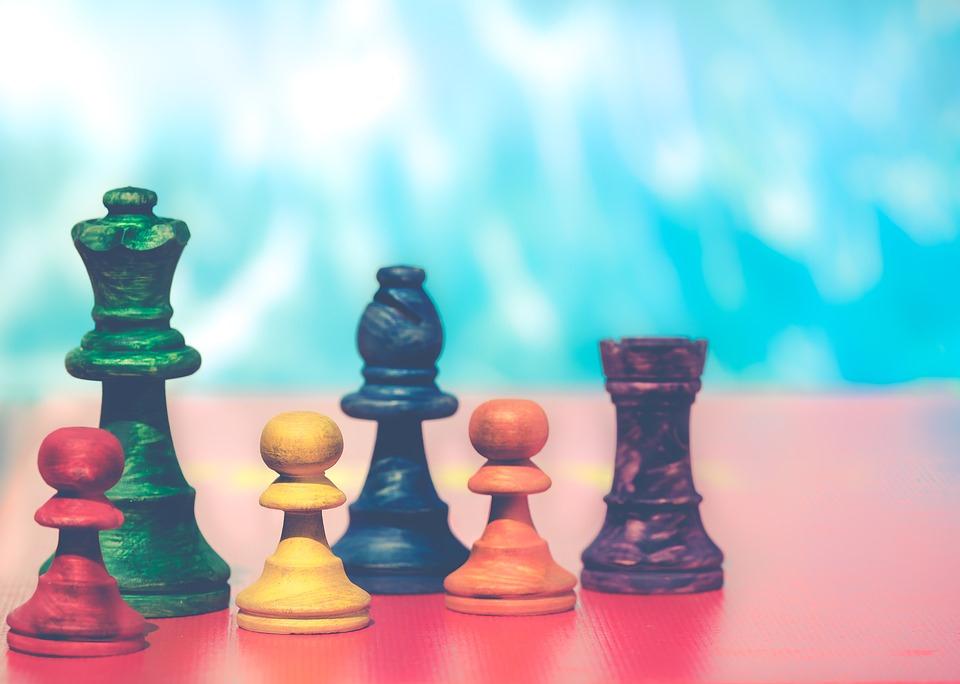
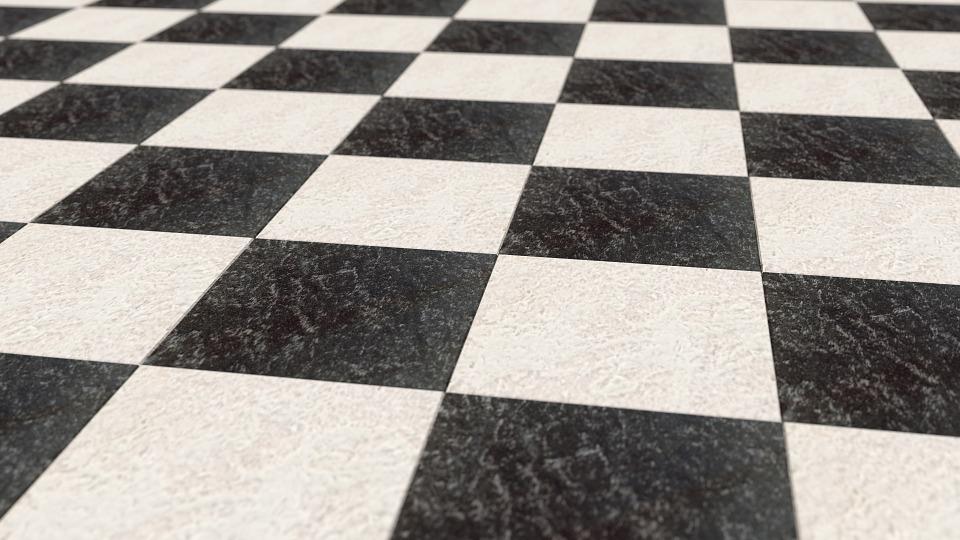
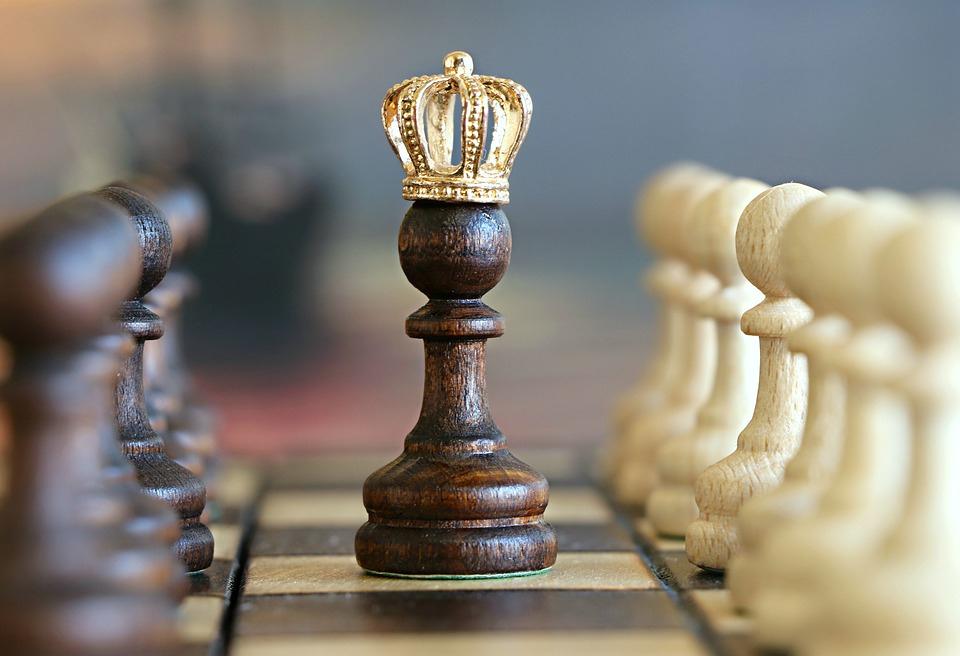
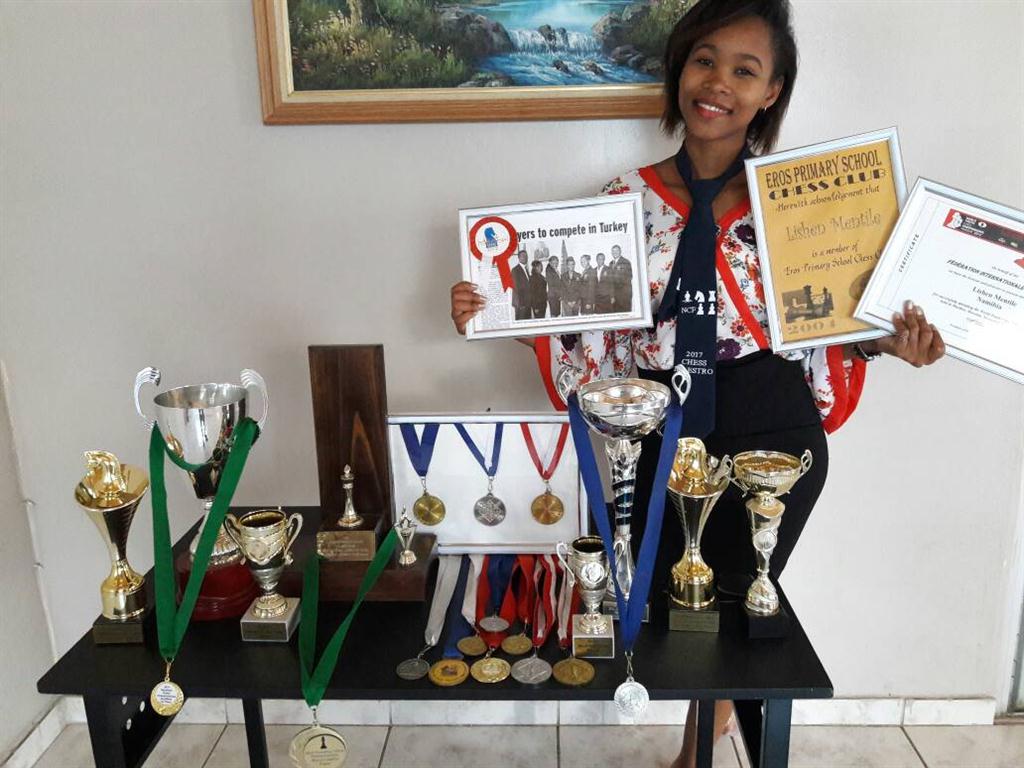
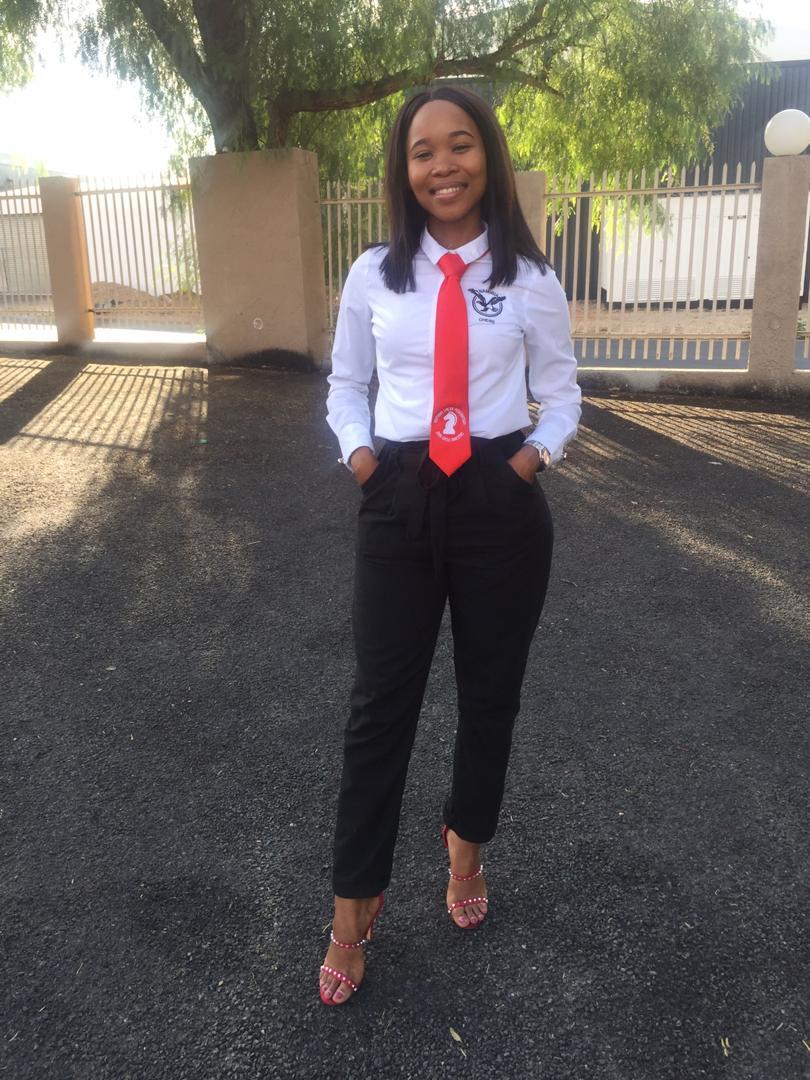
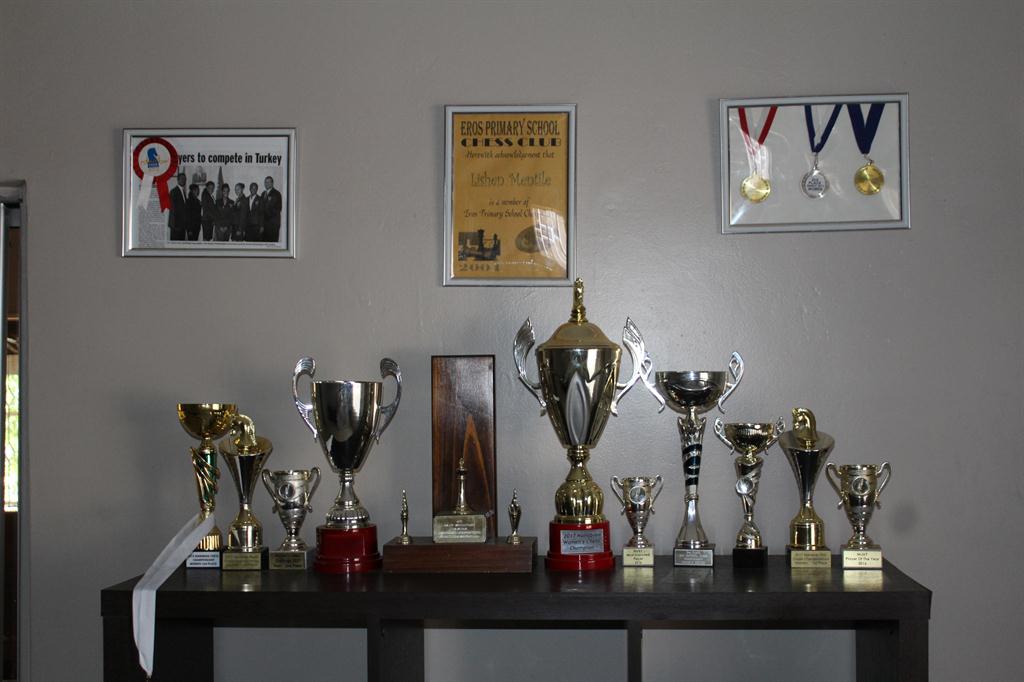
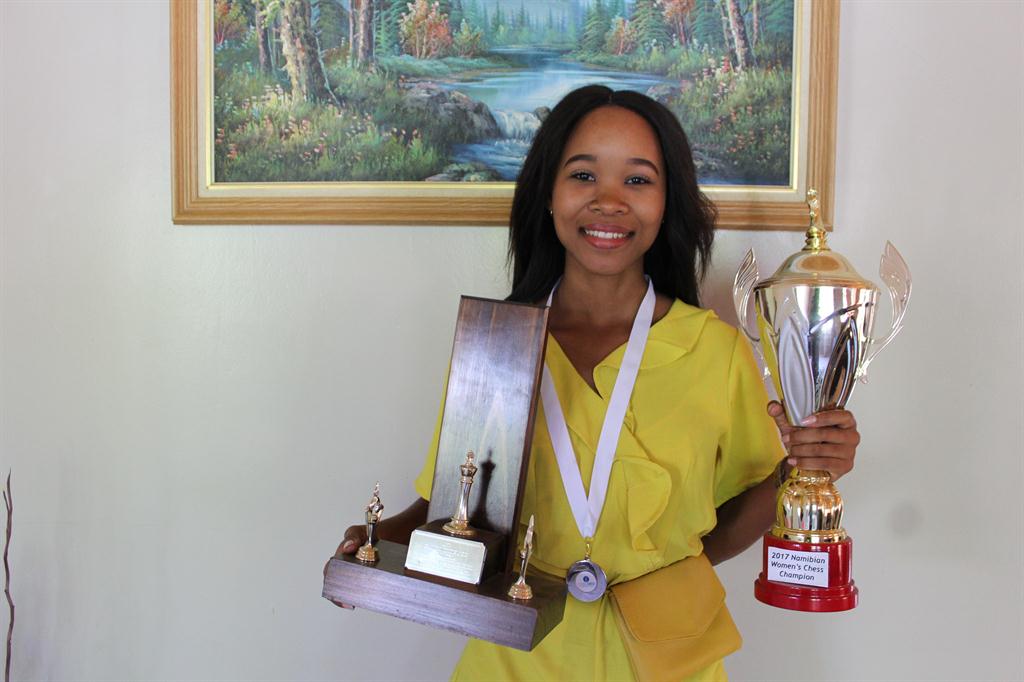


Kommentaar
Republikein
Geen kommentaar is op hierdie artikel gelaat nie